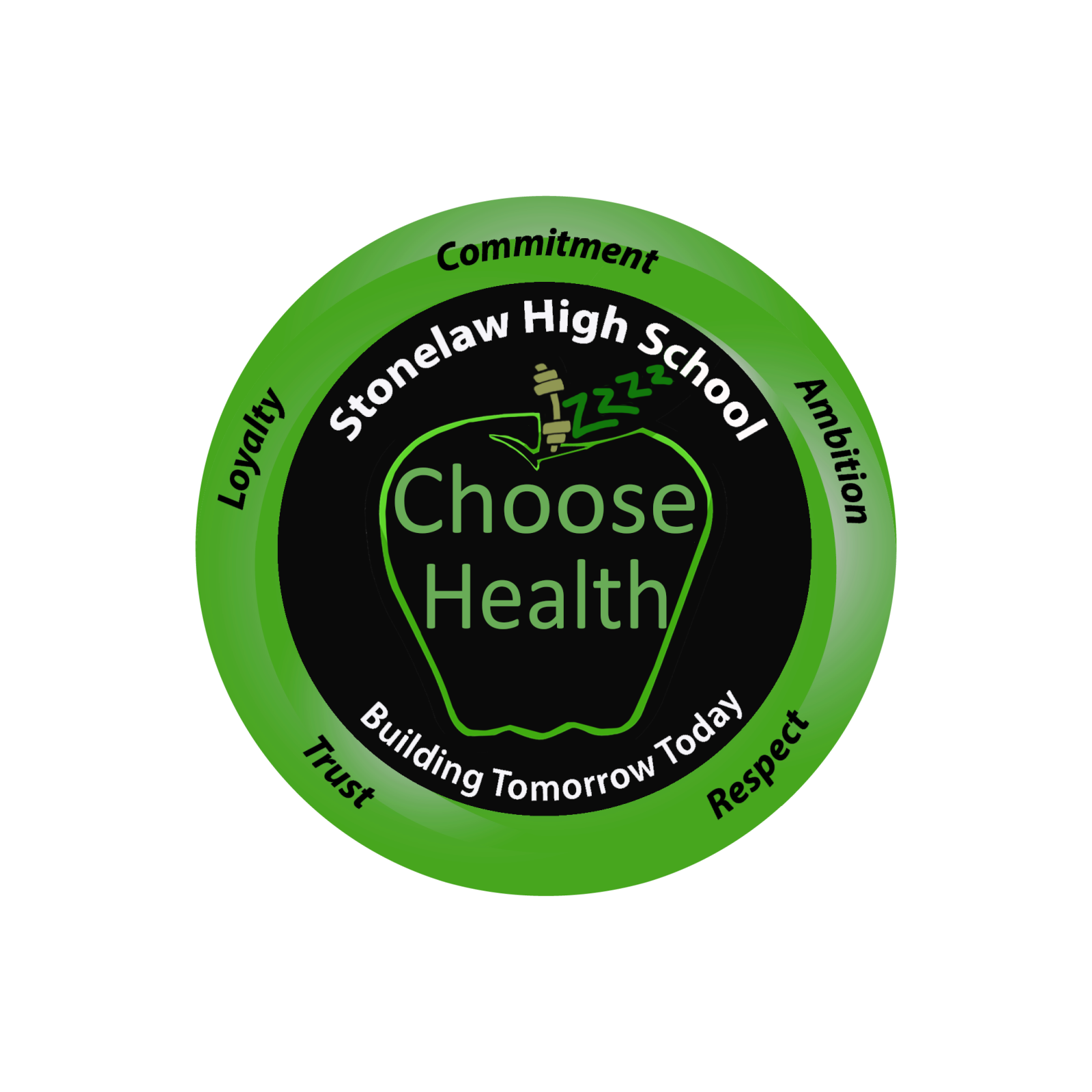Choose Health 
The aim of the Choose Health Group is to promote a health lifestyle focusing on sleep, nutrition and exercise.
Sleep
Young people should be aiming to achieve 8-10 hours of sleep every night. The benefits of this include:
- Boost your immunity against illness
- Improve your concentration and ability to make good decisions
- Help with managing body weight
- Improve your mental wellbeing can prevent diabetes
- Make you less moody
- Reduce anxiety and worry
Nutrition
Having a balanced diet will:
- Help you maintain a healthy weight
- Promote heart health
- Help maintain strong bones and teeth
- Improve mood and energy levels
- Improved memory and brain health
Exercise
To maintain a basic level of health, children and young people aged 5 to 18 need to do:
- at least 60 minutes of physical activity every day – this should range from moderate activity, such as cycling and playground activities, to vigorous activity, such as running and tennis
- on three days a week, these activities should involve exercises for strong muscles, such as push-ups, and exercises for strong bones, such as jumping and running
Many vigorous activities can help you build strong muscles and bones, including anything involving running and jumping, such as gymnastics, martial arts and football.
Children and young people should reduce the time they spend sitting watching TV, playing computer games and travelling by car when they could walk or cycle instead.
What counts as moderate activity?
Examples of activities that require moderate effort for most young people include:
- walking to school
- riding a scooter
- skateboarding
- rollerblading
- walking the dog
- cycling on level ground or ground with few hills
Moderate activity raises your heart rate and makes you sweat. One way to tell if you’re working at a moderate level is if you can still talk, but you can’t sing the words to a song.
What counts as vigorous activity?
Vigorous activity is linked to better general health, stronger bones and muscles, as well as higher levels of self-esteem.
There is good evidence vigorous activity can bring health benefits over and above that of moderate activity. A rule of thumb is that one minute of vigorous activity provides the same health benefits as two minutes of moderate activity.
There’s currently no recommendation on how long a session of vigorous activity should be for this age group.
Examples of activities that require vigorous effort for most young people include:
- energetic dancing
- swimming
- running
- gymnastics
- football
- rugby
- martial arts, such as karate
- cycling fast or on hilly terrain
Vigorous activity makes you breathe hard and fast. If you’re working at this level, you won’t be able to say more than a few words without pausing for a breath.
(Extract from NHS Health Scotland Web)
 Stonelaw
Stonelaw